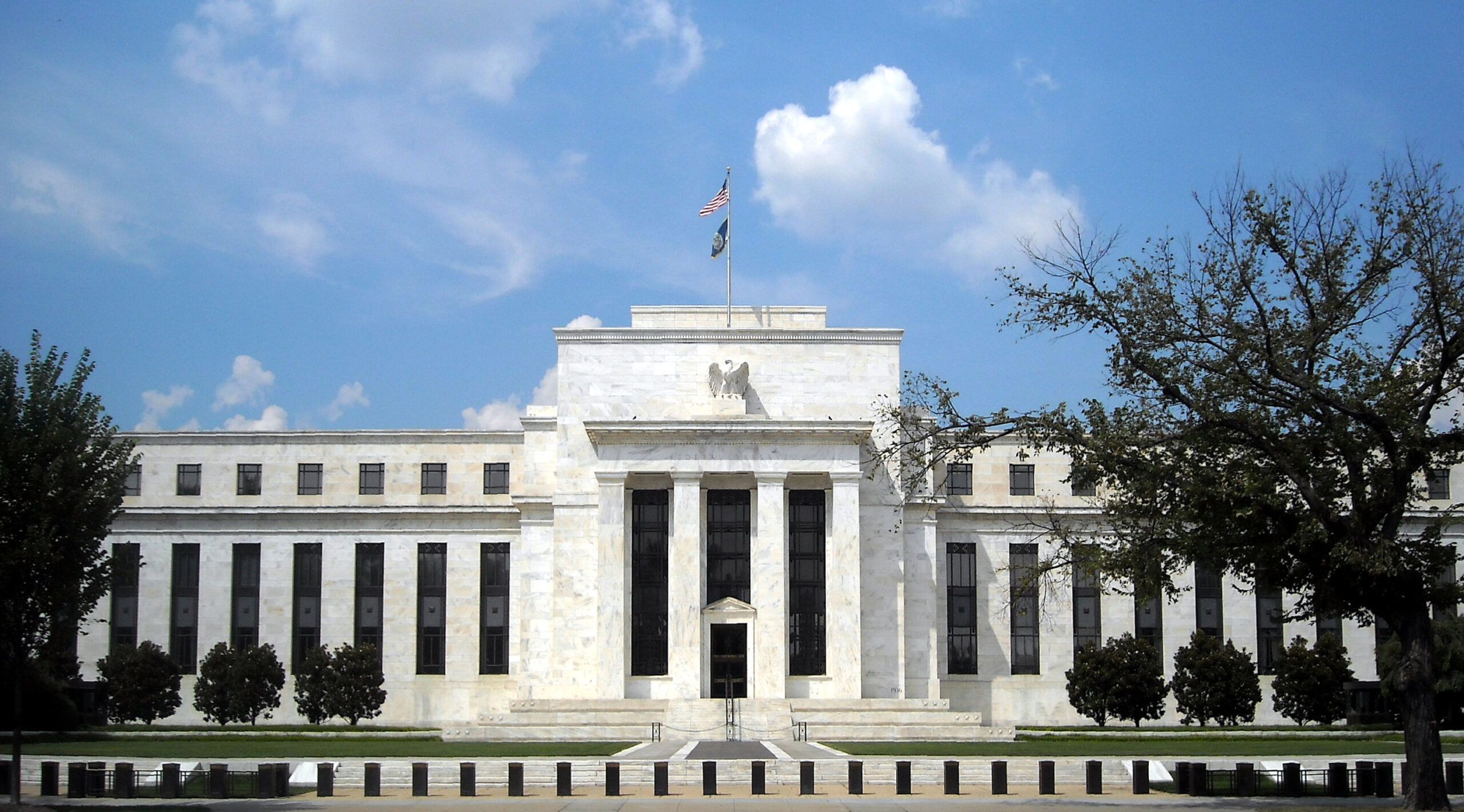Date first published: 31/03/2020
The Federal Reserve prides itself on its political independence, a core tenet of how it should operate. It should make interest rate and other monetary policy decisions ostensibly free of politicians’ whims to allow it to credibly regulate the economy in the nation’s best interest. This political neutrality, however, ends at the US’s borders. With the dollar both at the core of the global financial system and the instrument of the US’s international influence, the Fed’s decisions– like it or not – are inherently geopolitical.
This is most clearly observed in the Fed’s swap lines – the means by which it makes US dollars directly available to other countries. On 15 March the Fed announced that it was loosening the terms on which swap lines were available to foreign banks in Canada, the Eurozone, the UK, Japan, and Switzerland. With the except of the perennially-neutral Swiss, all are close US allies – and Switzerland is of course home to many businesses with close political and economic ties to the US. The Fed also opened these taps after the 2008-2009 global financial crisis, as did other central banks, and they ultimately never went away despite a brief effort to phase them out.
The geopolitical importance of swap lines – particularly those offered by the Fed – is based on the fact that they are vital in times of economic crisis. They provide the cheapest access to US dollars available to non-US banks and because the dollar, at the core of the global economy, is considered the safest asset in times of crisis.
Almost any portfolio of assets is highly likely to have suffered significant losses amid the COVID-19 pandemic and panic which has afflicted global markets so bitterly. Many investors face margin calls, having to pay hard cash for previously speculative loans. Around the world, the most prevalent hard currency for such loans, particularly for cross-border loans and trade finance, is the US dollar. Regardless of what investors must sell to meet margin calls, or buy in attempts to exploit the market’s dips, dollars are widely needed. As a result, US Treasuries and the dollar have been among the best performers in global markets over the last month.
Given their economic linkages, it is little surprise then to see the US’s allies offered such support. Conversely refusing to extend swap lines is also geopolitical. Turkey for example is desperately in need of swap lines given its reliance on dollar finance, but there is significant political resistance to assisting Ankara followings its purchases of Russia’s S-400 missile defence system and talks of doing more.
Even after three years of the Trump administration’s policy of tariffs on China, economic linkages between the two remain substantial. Nonetheless the US is highly unlikely to extend such swap lines. Although Beijing’s need for them is heavily mitigated by its US Treasury holdings, Washington’s failure to roll these over and instead take cash would counter the own Fed’s quantitative easing measures aimed at ensuring continued US growth.
Central bankers, mindful of their domestic political linkages, can take action running counter to prevailing geopolitical winds – the Bank of England tapped swap lines with the European Central Bank for euros in March 2019 as Brexit votes were roiling the House of Commons. The COVID-19 crisis is thus proving a test of whether the Fed can replicate its policy of domestic geopolitical independence.



